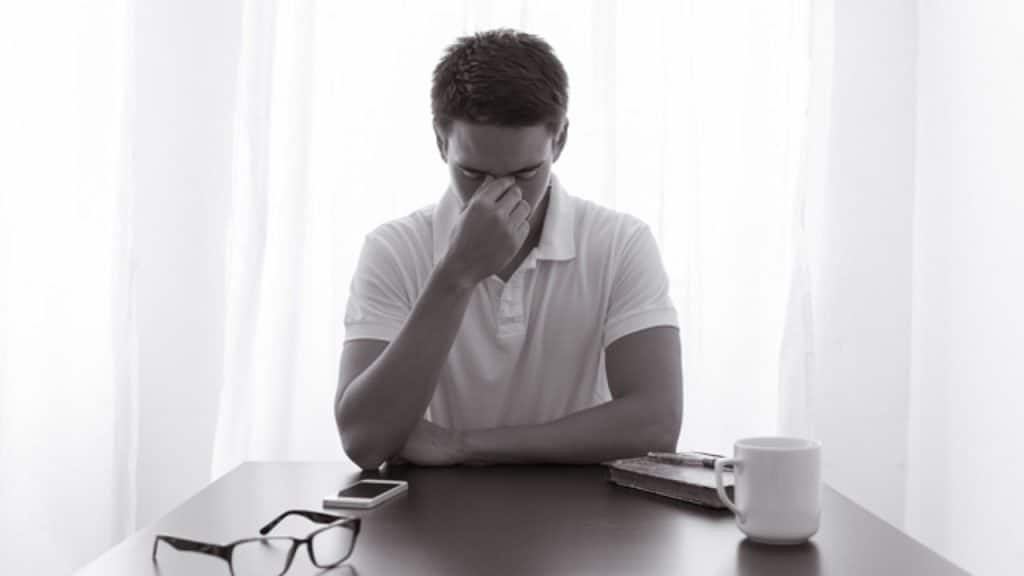Cholesterol tends to be associated with diet and exercise. They’re the things we’re told to change if we need to lower our cholesterol levels. As with so many things, however, this particular aspect of physical health may also be linked to your mental wellbeing.
Part of the reason we have to keep an eye on our cholesterol is that too much bad cholesterol can cause heart attacks, heart disease and strokes, among other problems. These conditions also become more likely if we live highly stressful lives. Scientists have done some research to see if stress/anxiety and cholesterol are more closely related than we thought.
What they found was that people with high levels of bad cholesterol were more likely to have anxiety. Now, a phrase you might hear when looking at statistics is “correlation is not causation”. Basically, just because two things happen together, it doesn’t mean that one causes the other. What you need is more evidence.
One theory is that it’s because of the parts of the brain that control our reactions to stress and the hormones that are then released. In particular, adrenaline and cortisol ready us for what’s called the “fight or flight” response. That means the body needs energy, whether from burning fat or producing more glucose. Energy that isn’t used is stored as fat. Cholesterol and the similar triglycerides are both types of fat.
Not everyone responds to stress in the same way. A host of physiological, psychological and social factors influence our behavior. A link between stress and cholesterol doesn’t mean you’re doomed to have high cholesterol, just that you should be aware of the possibility.
On the other side of the equation, if you can’t reduce your cholesterol with lifestyle changes, you might have to take statins. For most people, these can be a successful medication, but others may experience various side effects. Some users have reported that statins can make them more irritable and anxious.
Things that can affect the human mood are pretty much limitless in number and aren’t always particularly obvious. Research is constantly being done, but while some links have been shown, it’s often not enough to draw definitive conclusions. What we do know is that mental and physical health are inexorably intertwined, and you can’t treat one without at least being aware of the other.




